Even when you receive the “all clear” from your Oncologist, there may be CSCs (Circulating Stem Cell-like Cells) also known as TICs (Tumor Initiating Cells) still active and in circulation but at a level below the sensitivity of standard-of-care monitoring tests, such as imaging and physiological cancer marker testing.
This means active cancer cells may be present, but they cannot be detected via traditional means until the cancer has grown big enough to be detected again. This leaves you vulnerable and without treatment because in the standard-of-care model, if you can’t see it, you can’t treat it, enabling the cancer to come back.
TIC monitoring with our OncoTrace and OncoTrail allows you to monitor these cells on a microscopic level allowing you to continue care until these cells are no longer active or if in remission, allowing you to see new activity as soon as it starts.




















